Nicaragua features active volcanoes, beaches stretching from the Pacific to the Caribbean, tropical islands, volcanic lakes, and colonial buildings. The country includes natural reserves with rainforests and mangroves, museums in historic homes, traditional fishing ports, and waterfalls accessible via marked trails. Colonial churches and cathedrals showcase religious architecture from the 17th and 18th centuries.
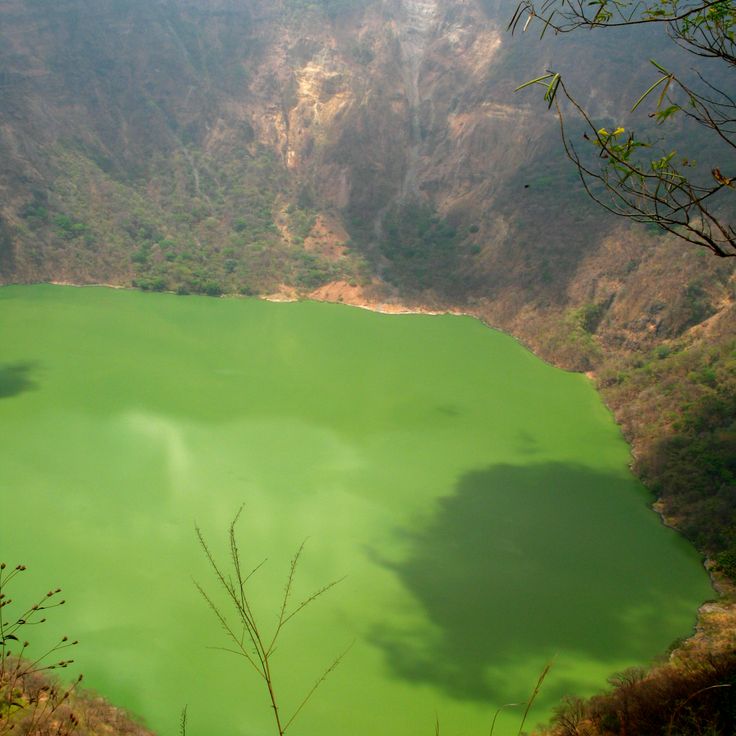
Chinandega, Nicaragua
An 872-meter high volcano located in a nature reserve. The site includes hiking trails and offers views of the Gulf of Fonseca.
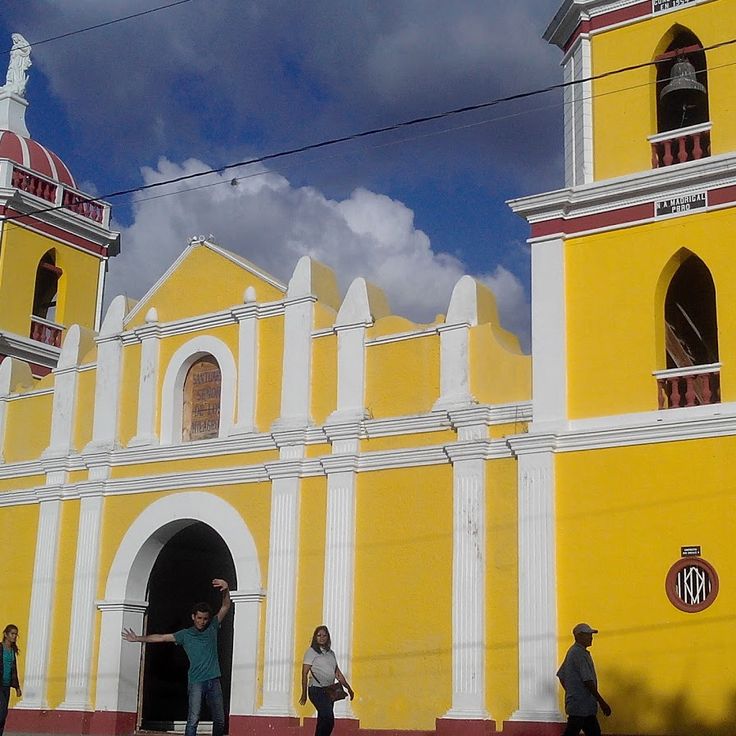
Ciudad Antigua, Nicaragua
Religious monument built in 1611 with stone walls and architectural elements of Spanish colonial and Moorish styles.
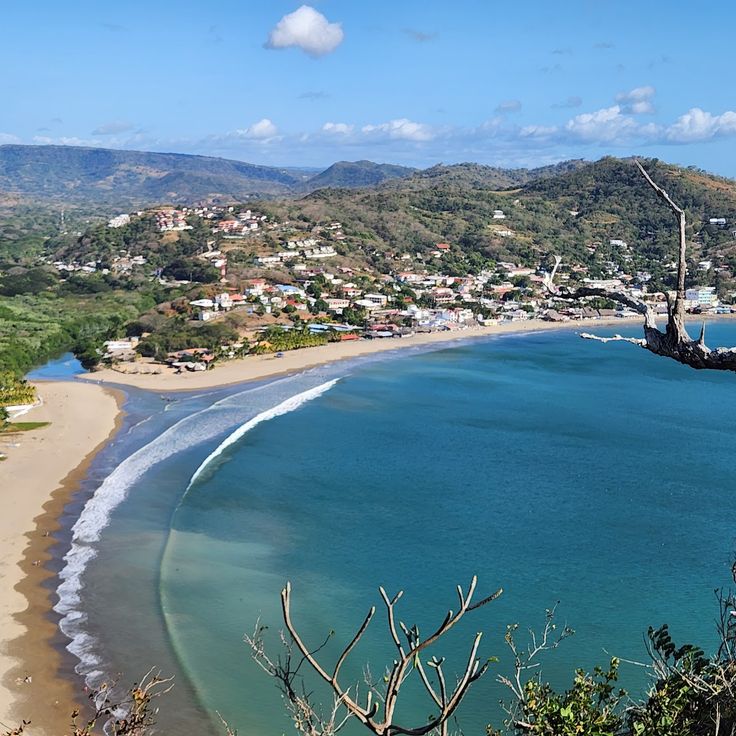
San Juan del Sur, Nicaragua
Seaside resort on the Pacific coast with a crescent-shaped bay. The beach is lined with seafood restaurants and bars.
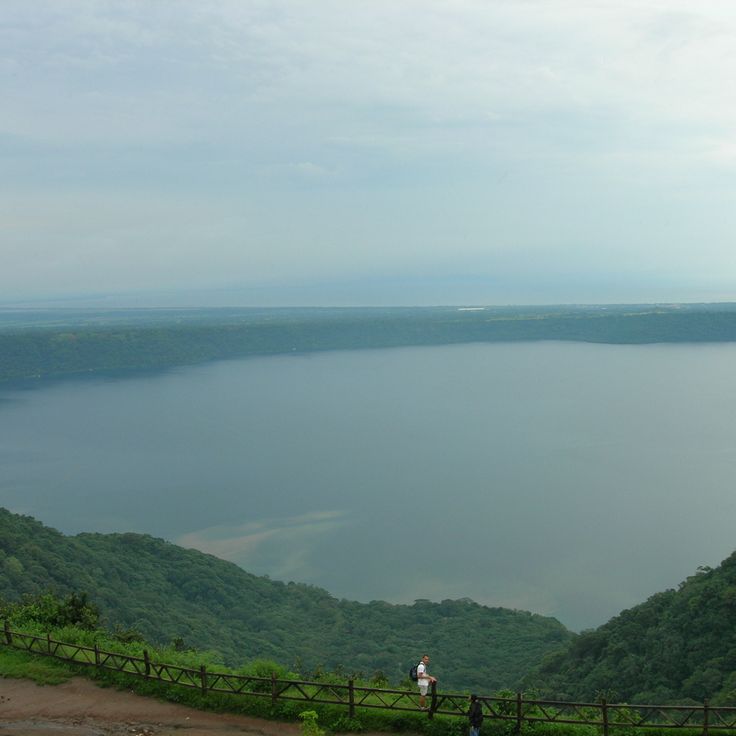
Masaya, Nicaragua
A 6.6-kilometer-wide body of water formed in a volcanic crater. The lagoon is surrounded by rainforests and hosts endemic species.
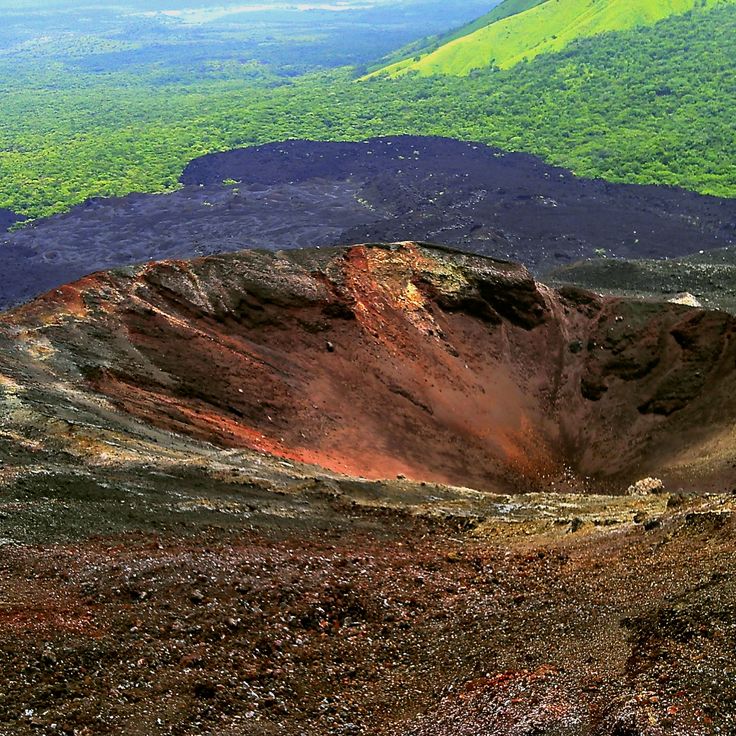
León, Nicaragua
This black strombolian volcano features continuous fumarolic activity and slopes covered in volcanic ash. Hikers can ascend to the summit to view the crater.
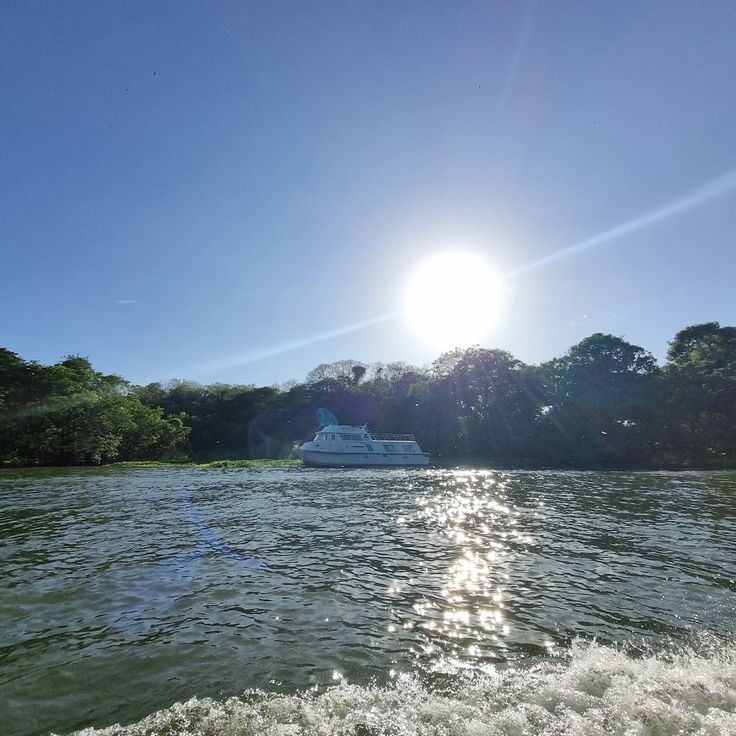
Granada, Nicaragua
A group of 365 volcanic-origin islands in Lake Nicaragua. These islands are home to tropical birds and inhabited by local fishermen who cultivate fruits.
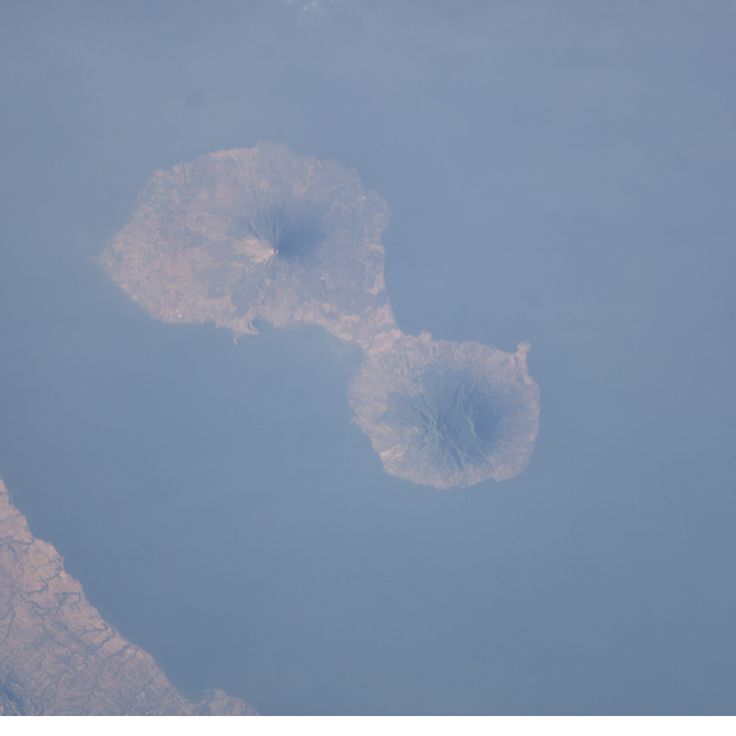
Rivas, Nicaragua
This lake island consists of the Concepción and Maderas volcanoes. It hosts pre-Columbian petroglyphs, thermal springs, and black-sand beaches.
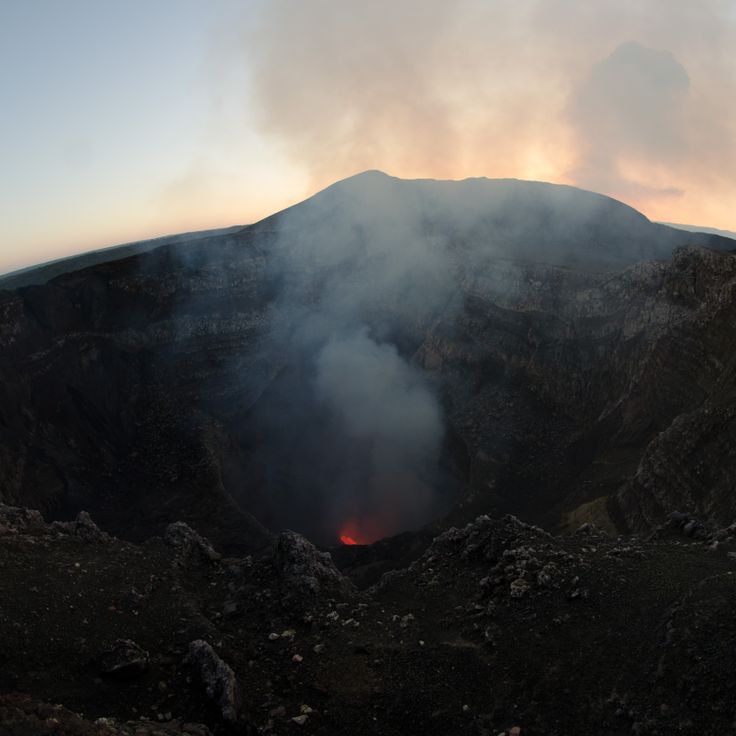
Masaya, Nicaragua
Protected area featuring two volcanoes and five craters. The Santiago Volcano shows constant activity with gas emissions and visible lava from the access road.
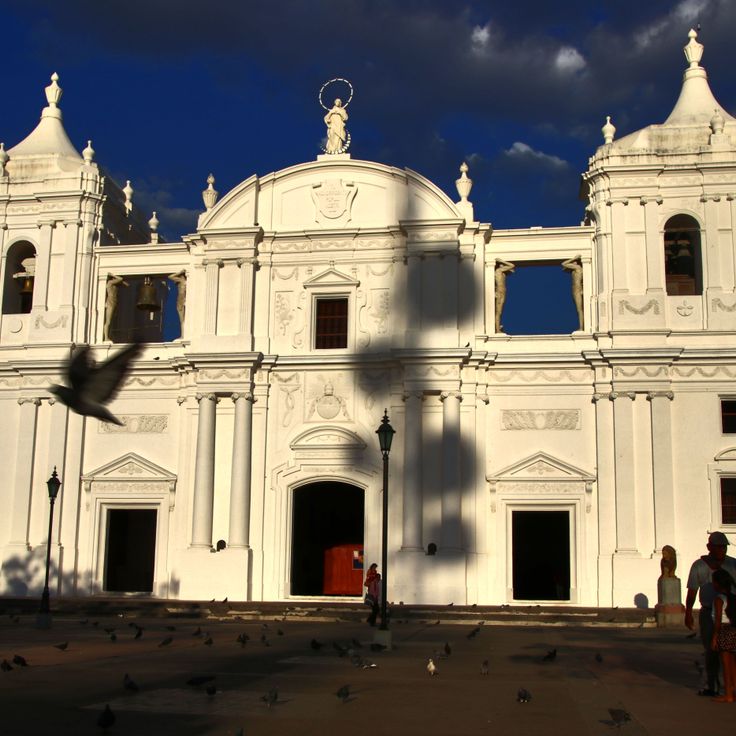
León, Nicaragua
Religious building constructed between 1747 and 1814 with 2-meter thick walls and a roof adorned with four domes. The structure blends Baroque and Neoclassical styles.
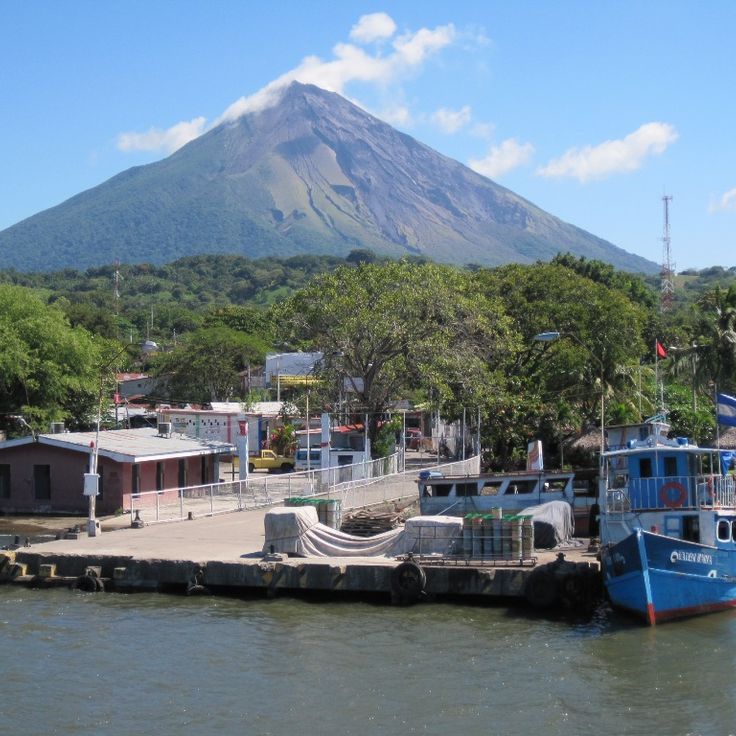
Rivas, Nicaragua
A stratovolcano 1610 meters high forming the northern part of Ometepe Island. Its last eruption occurred in 2010, and it regularly emits fumaroles.
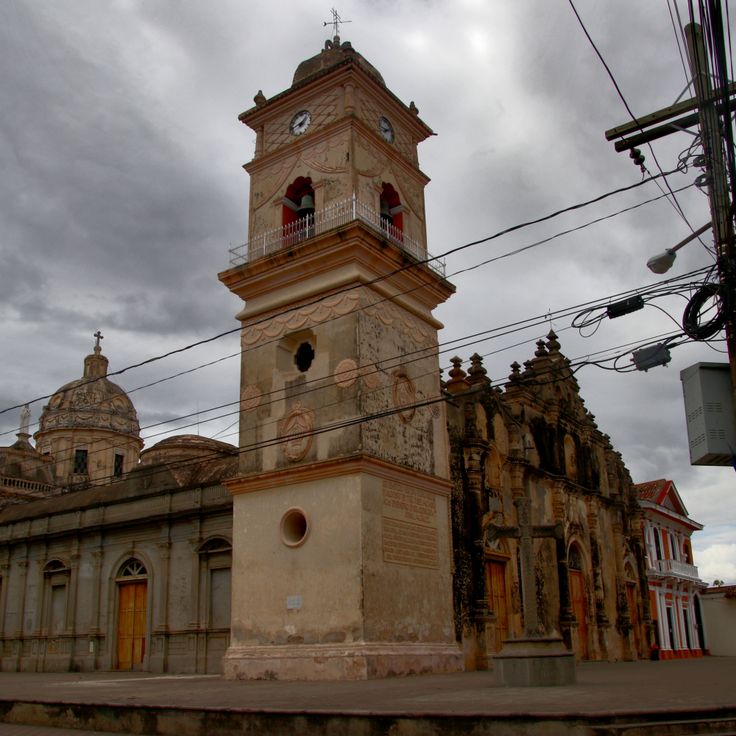
Granada, Nicaragua
A baroque-style church built in 1783. Its bell tower provides views of the city and Lake Nicaragua. Inside features include carved columns and a painted ceiling.
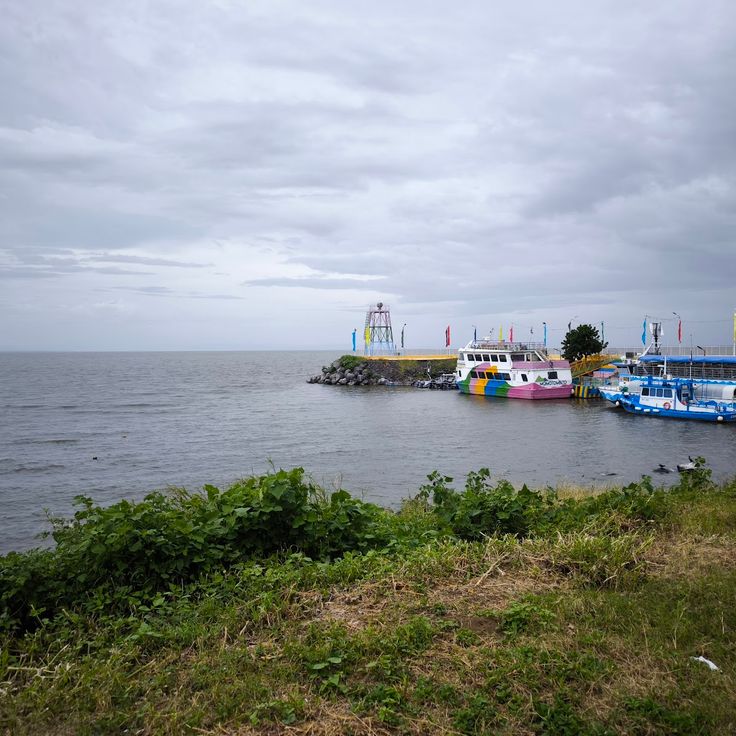
Managua, Nicaragua
Port on Lake Xolotlán with restaurants, shops, and a promenade. Colorful illuminations light up the facilities at night. Boats offer lake excursions.
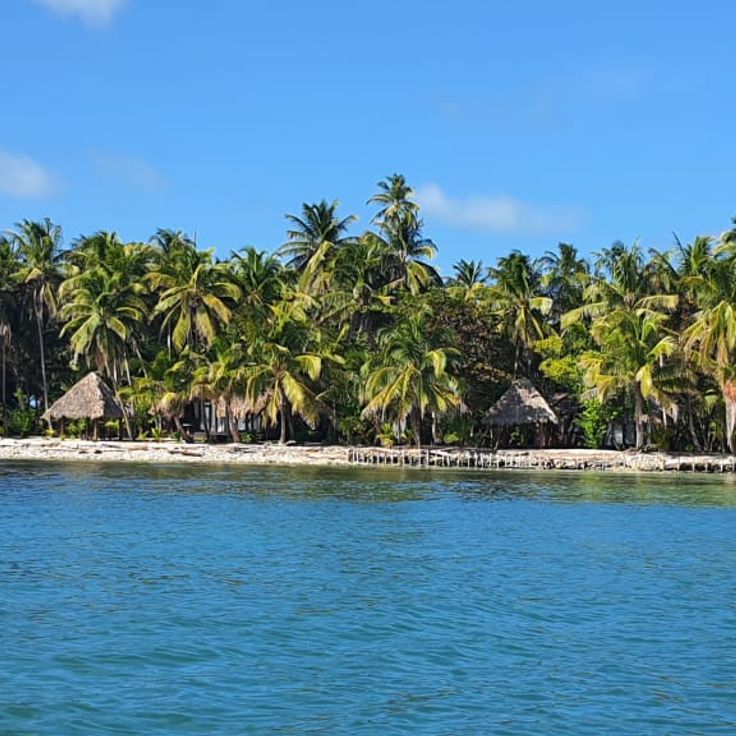
South Caribbean Coast Autonomous Region, Nicaragua
Group of 18 tropical islands in the Caribbean Sea with white sand beaches lined with palm groves and clear waters for diving.
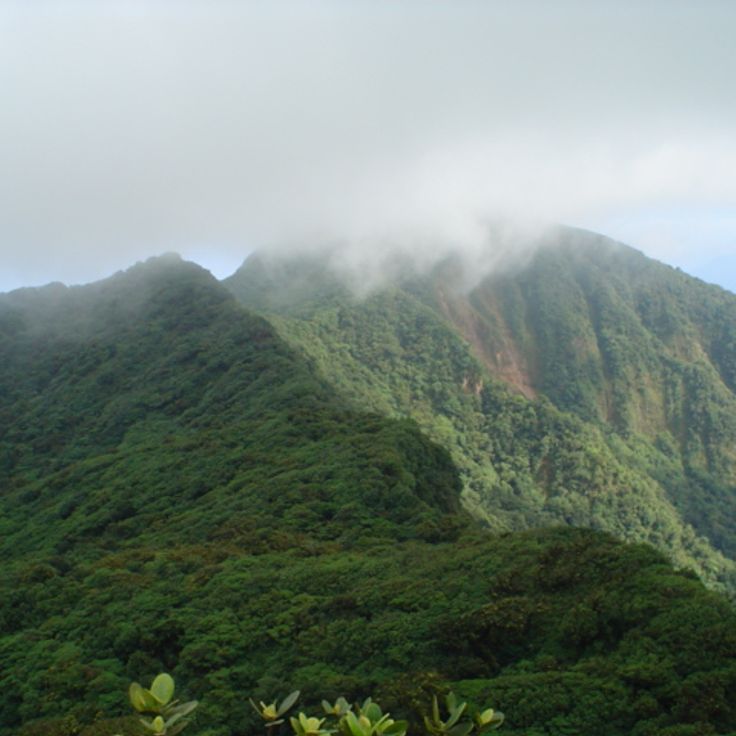
Granada, Nicaragua
A 1345-meter-high volcano covered in cloud forest, with hiking trails and an information center. Off-road vehicle transportation available.
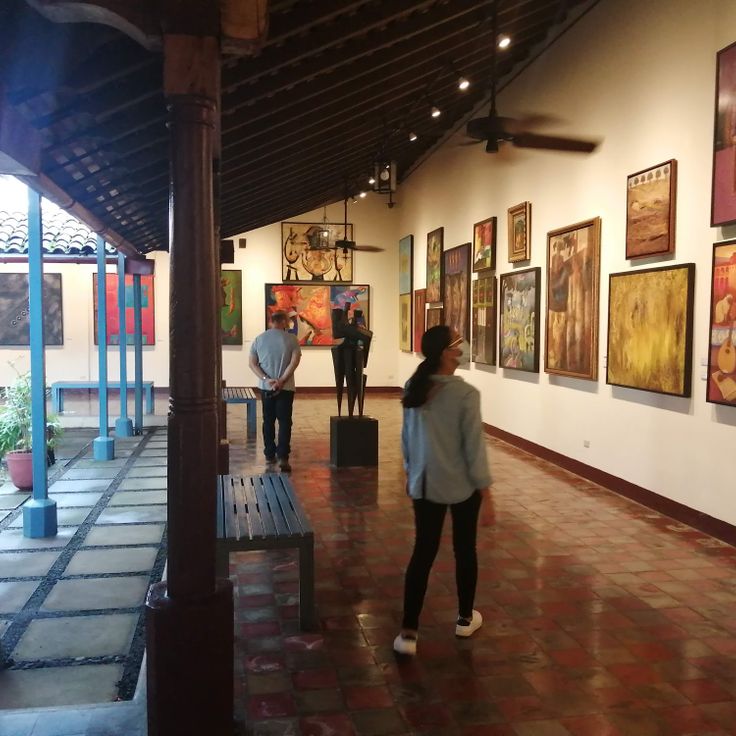
León, Nicaragua
Collection of Latin American and European art displayed in two 18th-century colonial buildings in central León, featuring paintings and sculptures.
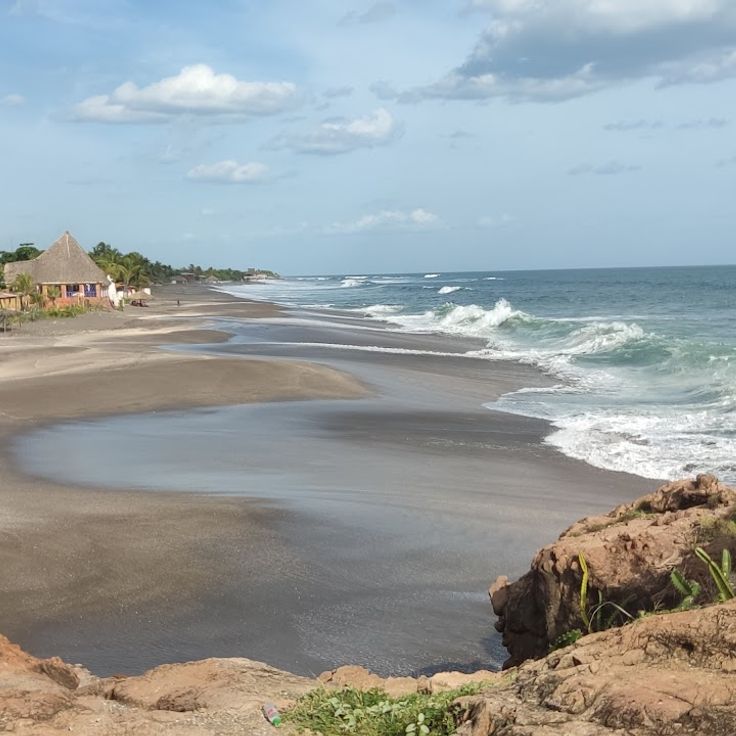
León, Nicaragua
Fishing village on the Pacific coast with black sand beach, waves for surfing, and various local restaurant options.
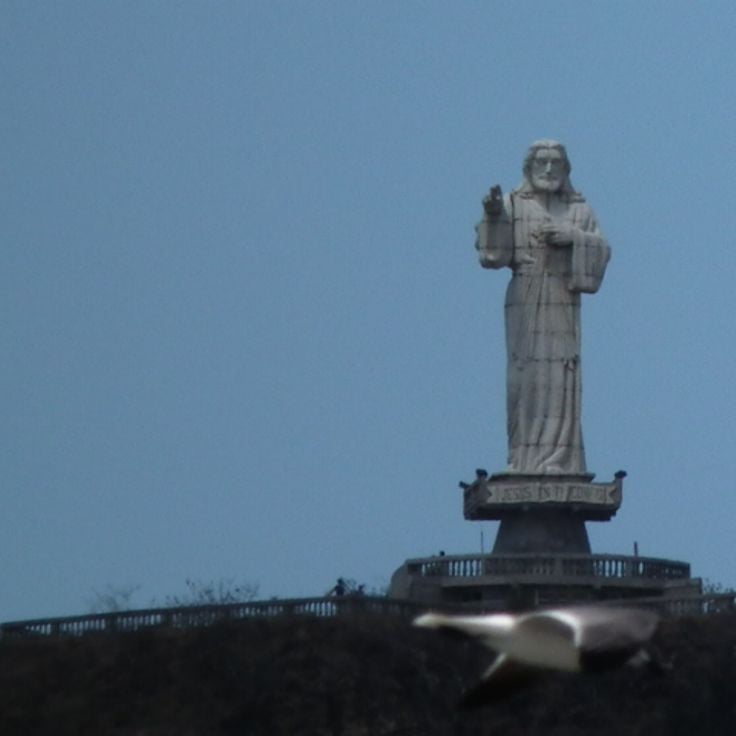
San Juan del Sur, Nicaragua
This 25-meter tall statue of Christ stands on a hill offering a view over San Juan del Sur Bay and the Pacific Ocean.
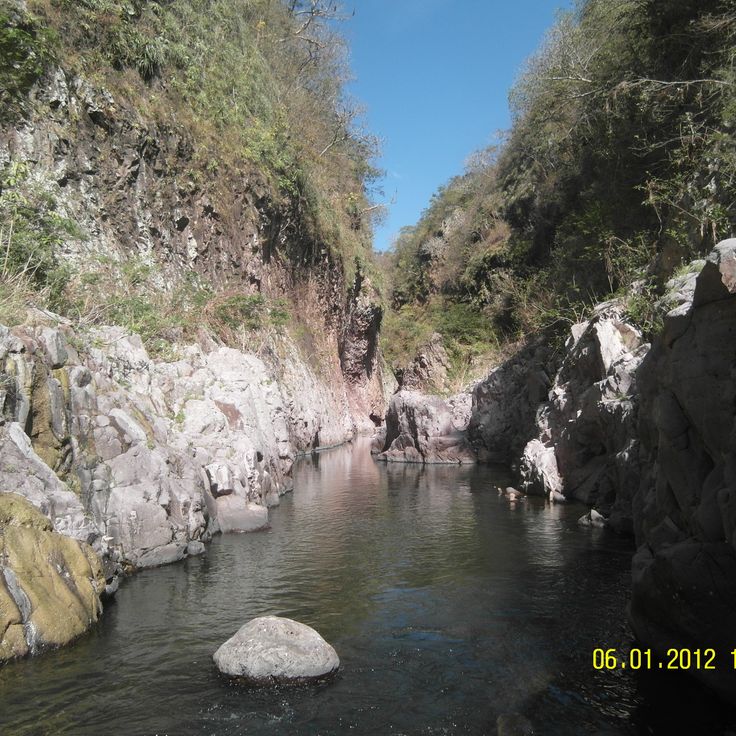
Somoto, Nicaragua
This 3-kilometer-long rock formation forms a natural gorge between cliffs 150 meters high. Visitors can explore the site with local guides.
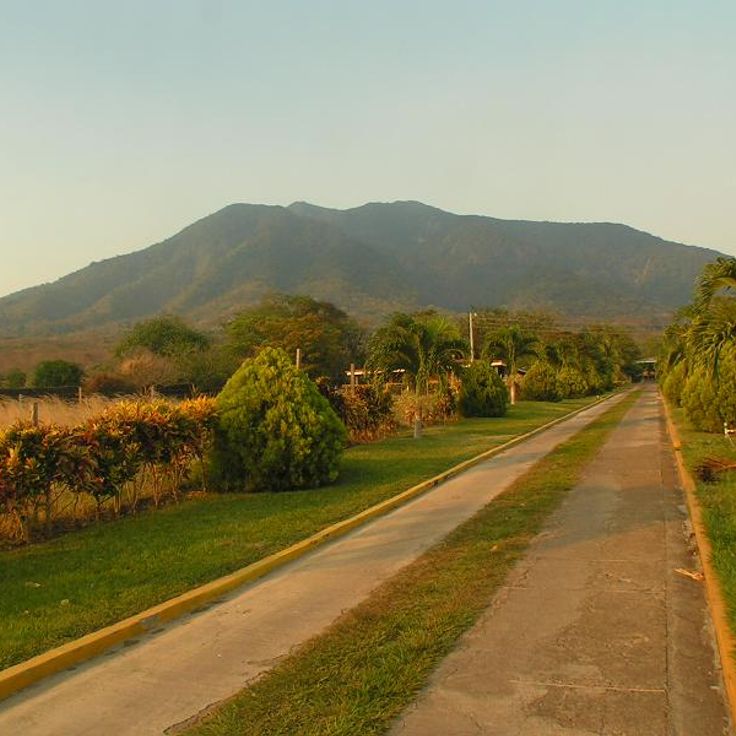
Rivas, Nicaragua
This inactive volcano, 1394 meters high, is on Ometepe Island. The rainforest covering it is home to monkeys and birds.
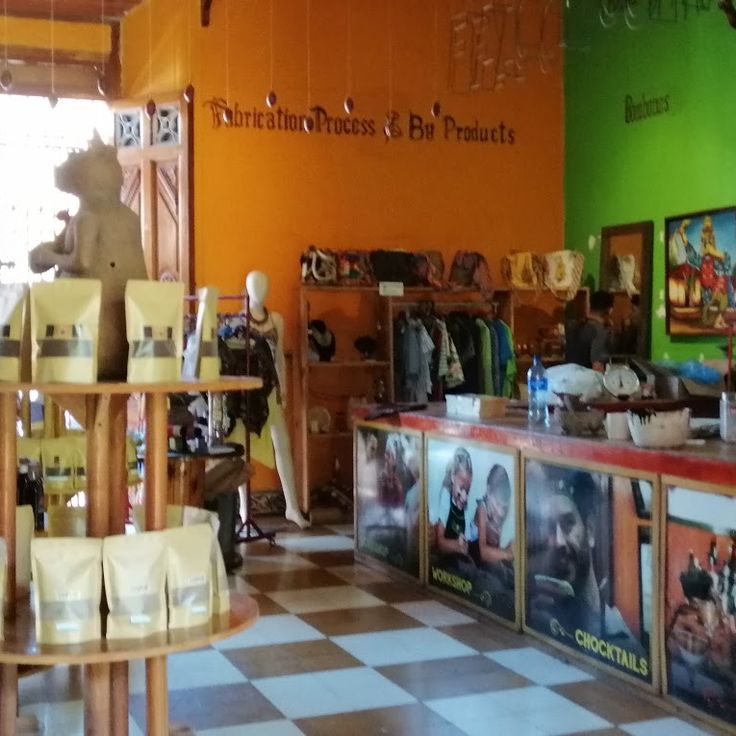
Granada, Nicaragua
This museum presents the different steps of transforming cocoa into chocolate, as well as the history of chocolate production in Nicaragua.
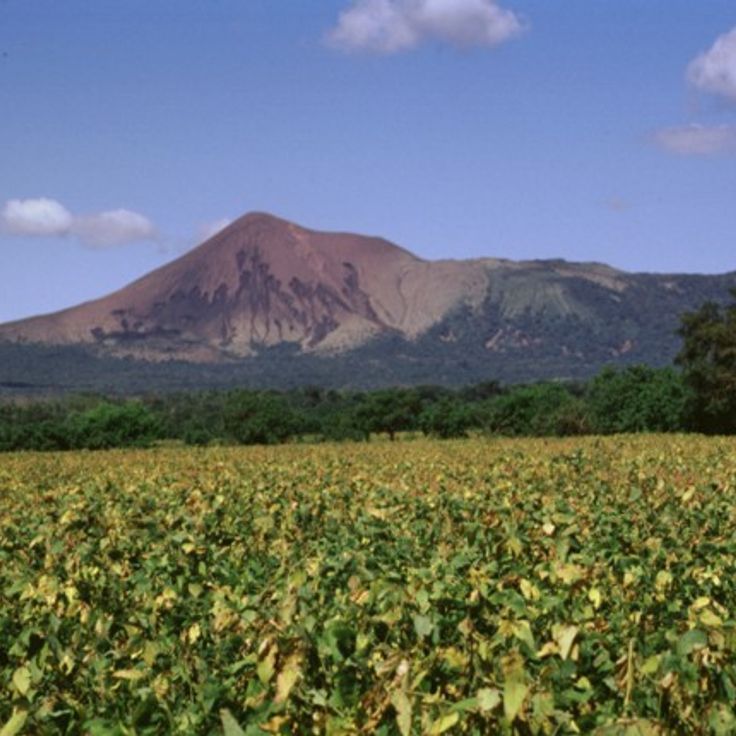
León, Nicaragua
A volcano 1060 meters high with a 700-meter diameter crater emitting fumaroles and possessing hot springs at its base.
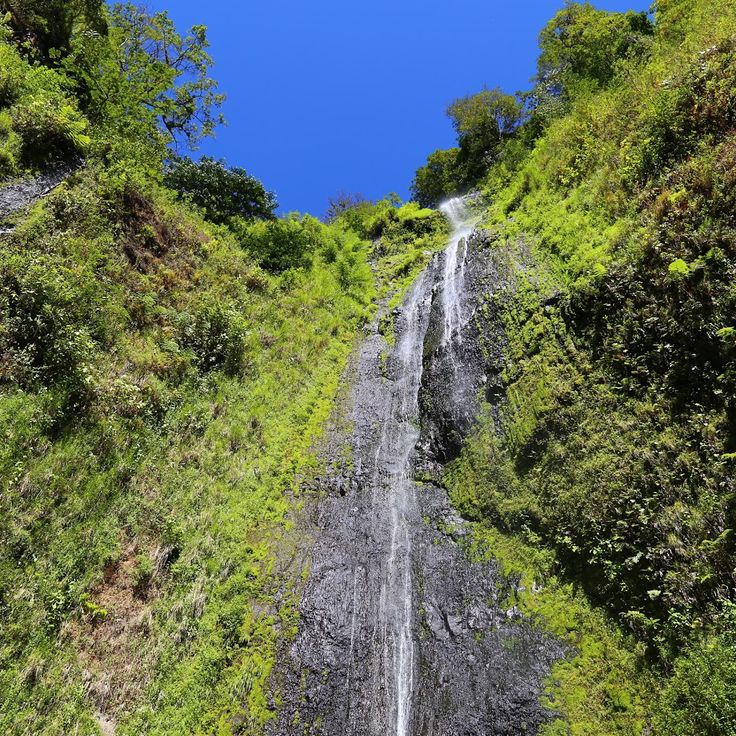
Altagracia, Nicaragua
A 50-meter high waterfall located on Ometepe Island, accessible by a 3-kilometer trail through a forest.
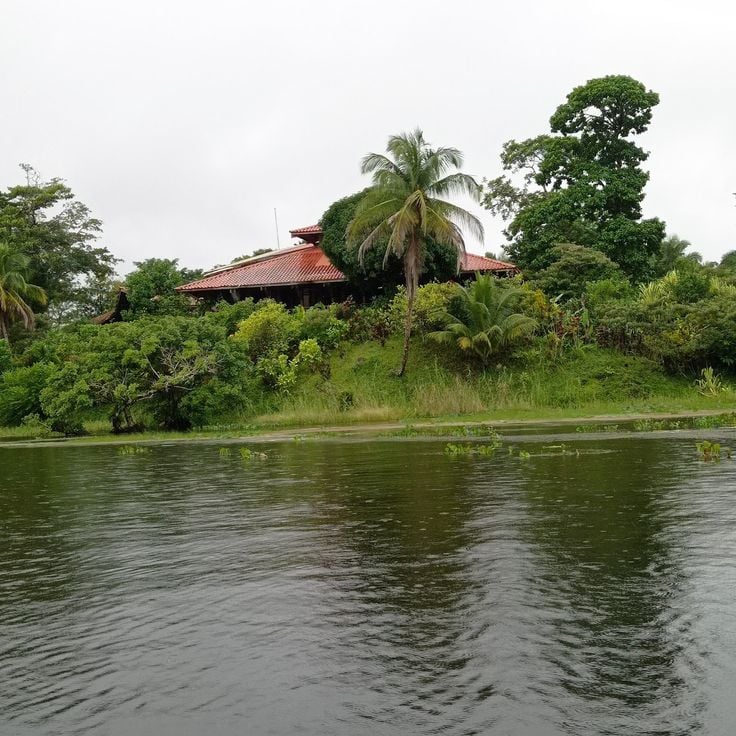
Río San Juan, Nicaragua
A 3180 km² rainforest habitat for jaguars, howler monkeys, manatees, and over 400 bird species along the Rio San Juan.
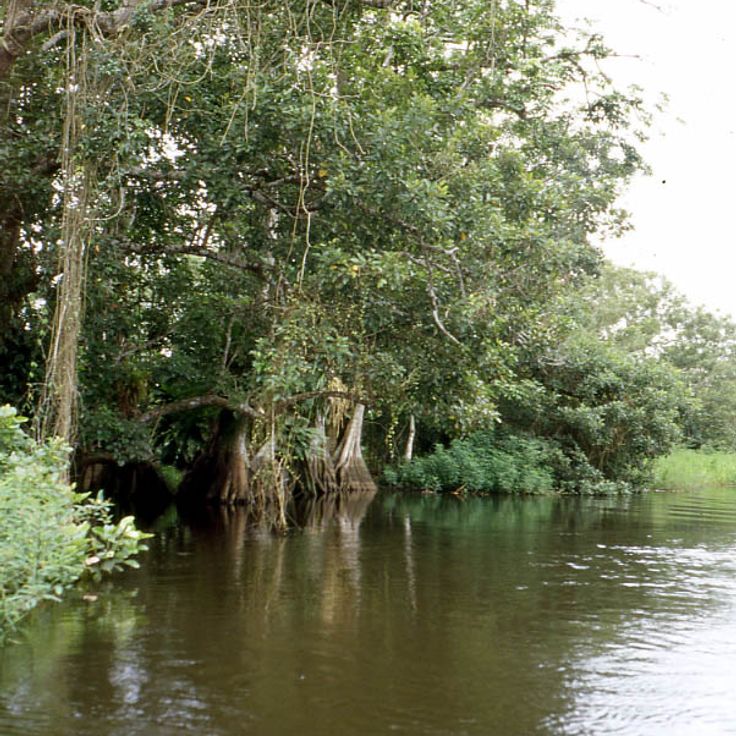
Río San Juan, Nicaragua
A 437 km² wetland area including rivers, lagoons, and marshes where caimans, turtles, and aquatic birds live near Lake Nicaragua.
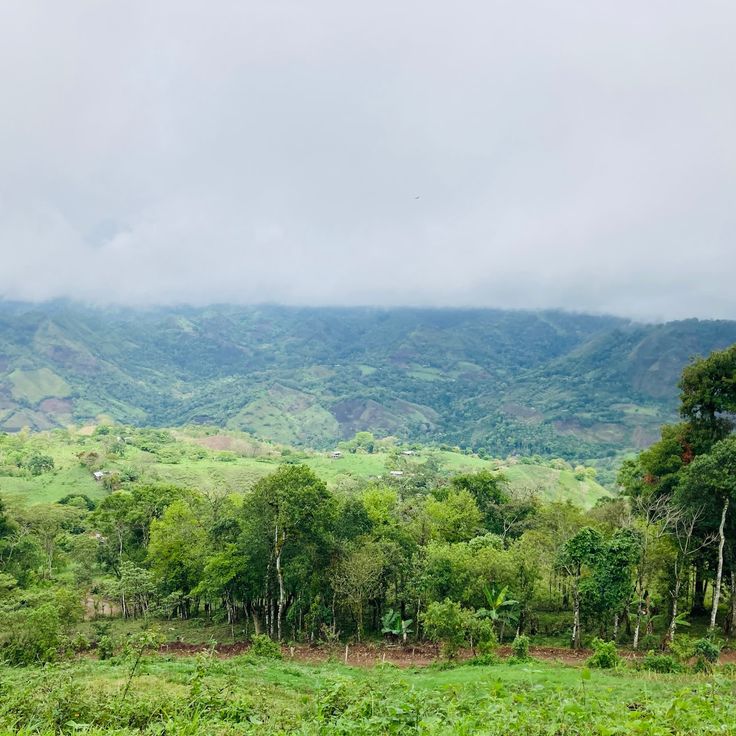
Estelí, Nicaragua
A 254-square-kilometer protected area presenting dry, humid, and mountainous tropical zones. The reserve houses several bird and orchid species.
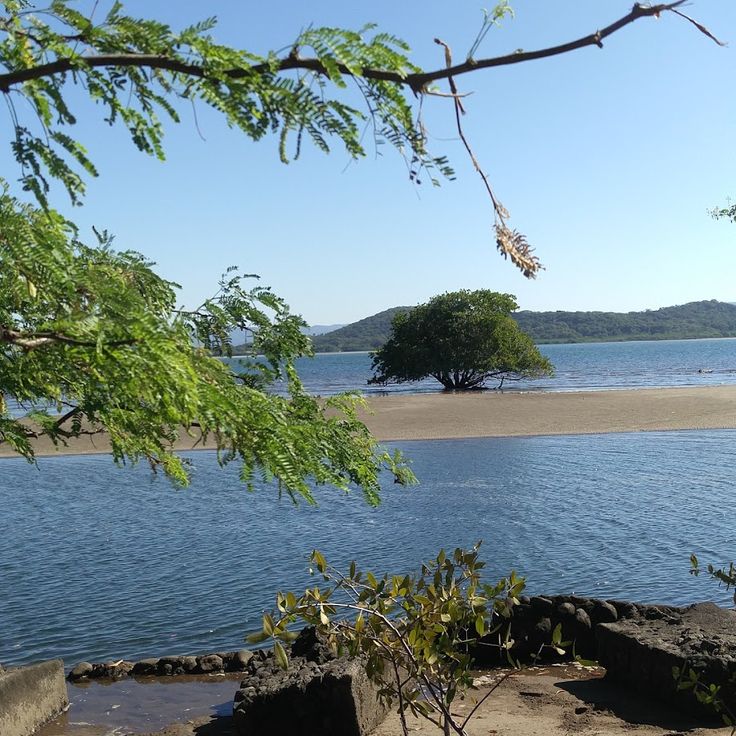
Chinandega, Nicaragua
Mangrove ecosystem home to crabs, fish, and sea turtles. The estuary serves as a nesting area for several marine species.
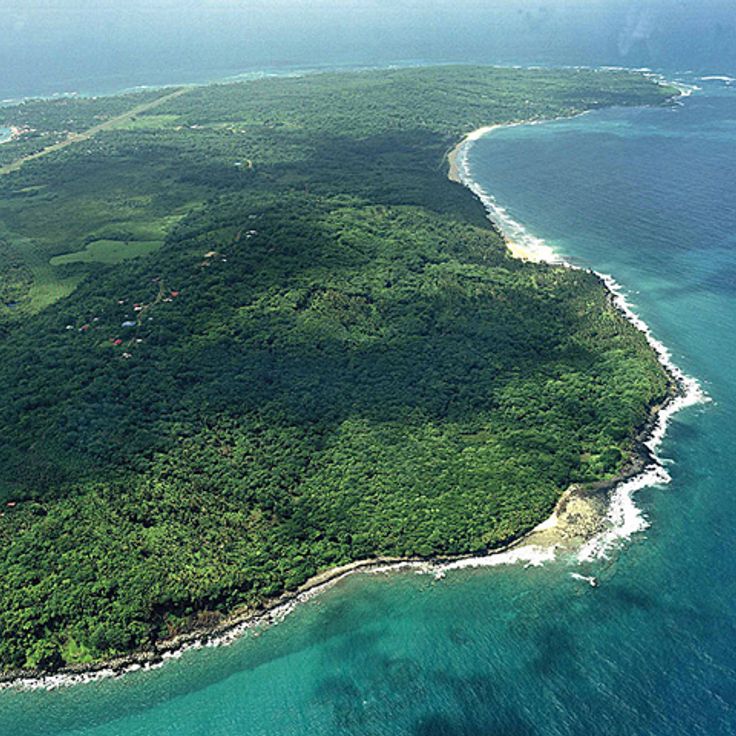
South Caribbean Coast Autonomous Region, Nicaragua
Island territory in the Caribbean Sea with white sand beaches and clear waters suitable for diving and swimming.
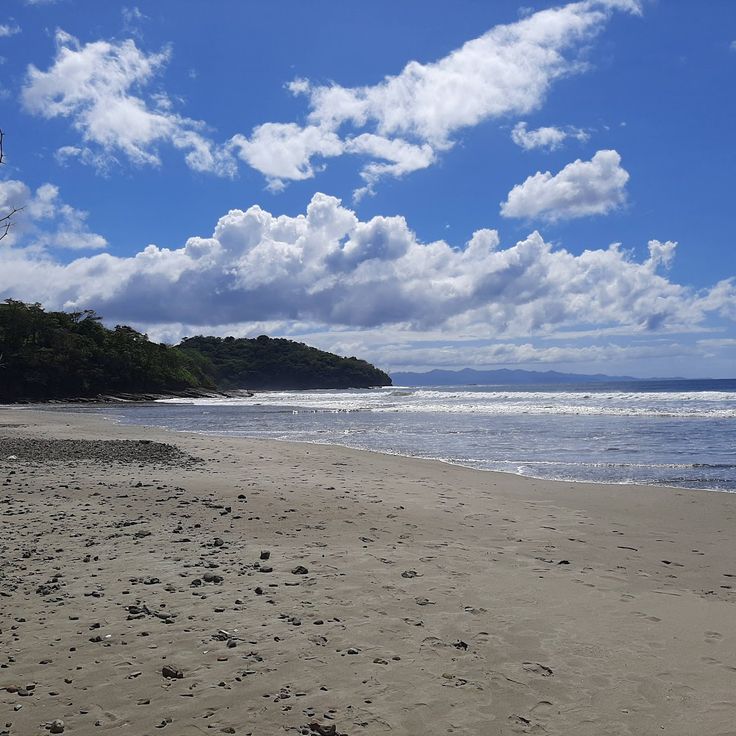
San Juan del Sur, Nicaragua
Wide strip of gray sand surrounded by wooded hills. The site offers favorable conditions for swimming and surfing.
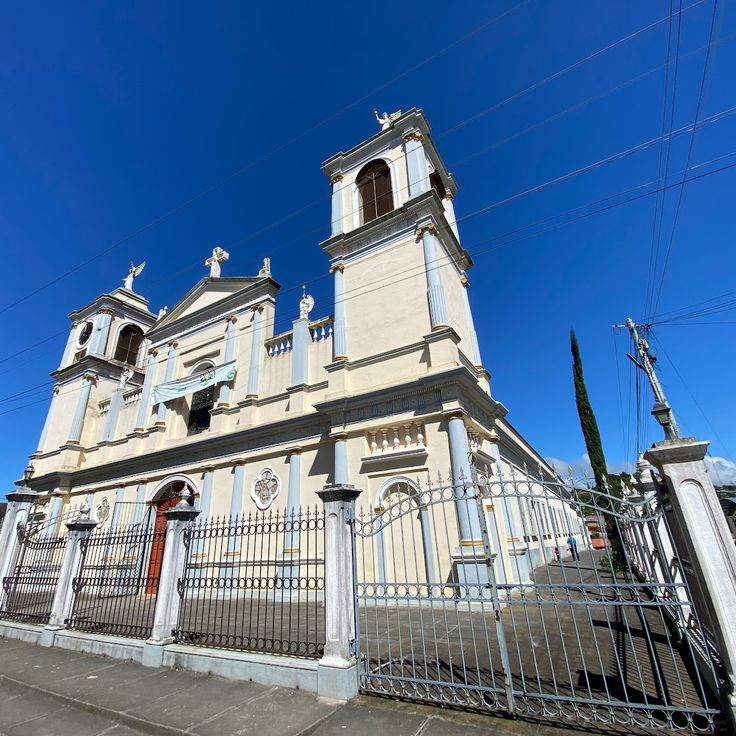
San Rafael del Norte, Nicaragua
Religious structure built with red bricks in the 19th century, featuring colonial architecture and two-tiered bell towers.
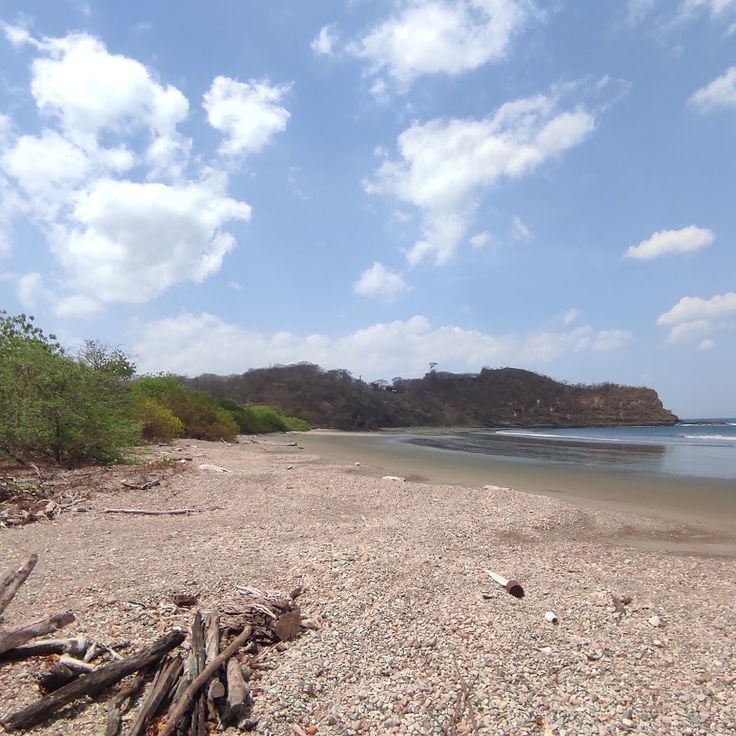
San Juan del Sur, Nicaragua
800-meter coastal area lined with palm trees where local fishermen moor their boats and sell fresh fish.
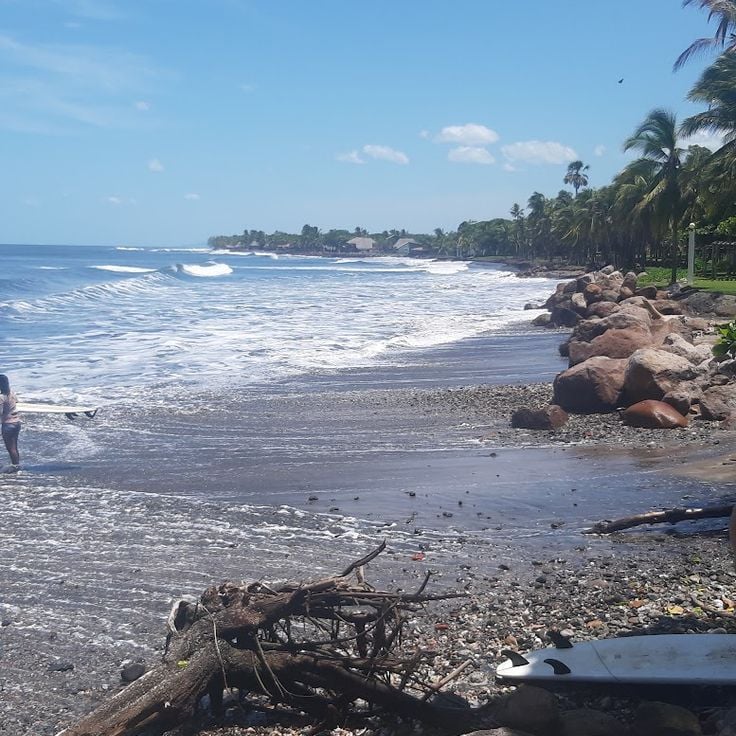
Chinandega, Nicaragua
3-kilometer stretch of black sand with regular waves 1 to 2 meters high, suitable for water activities.
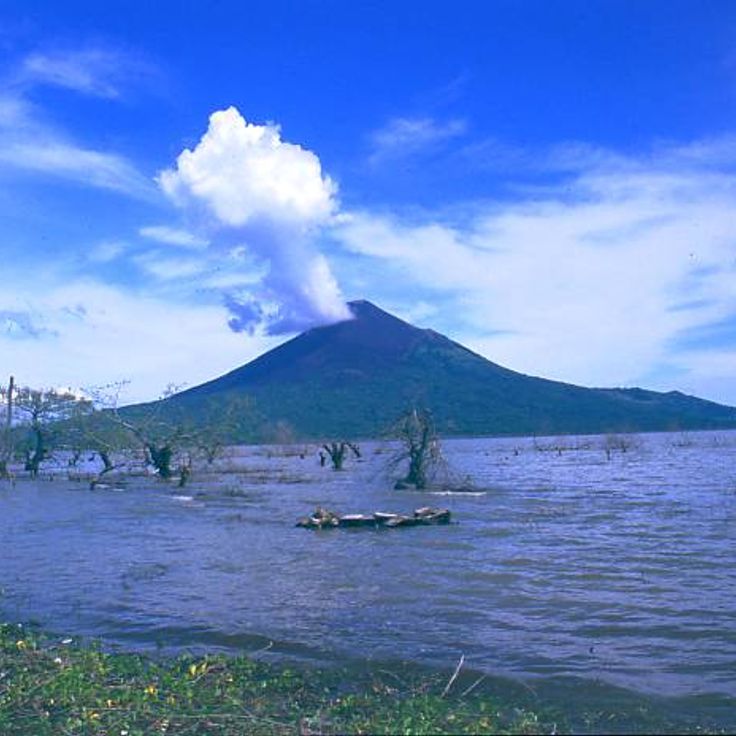
Managua, Nicaragua
Active volcanic formation 1297 meters high emitting smoke, with slopes covered in black volcanic rocks.































